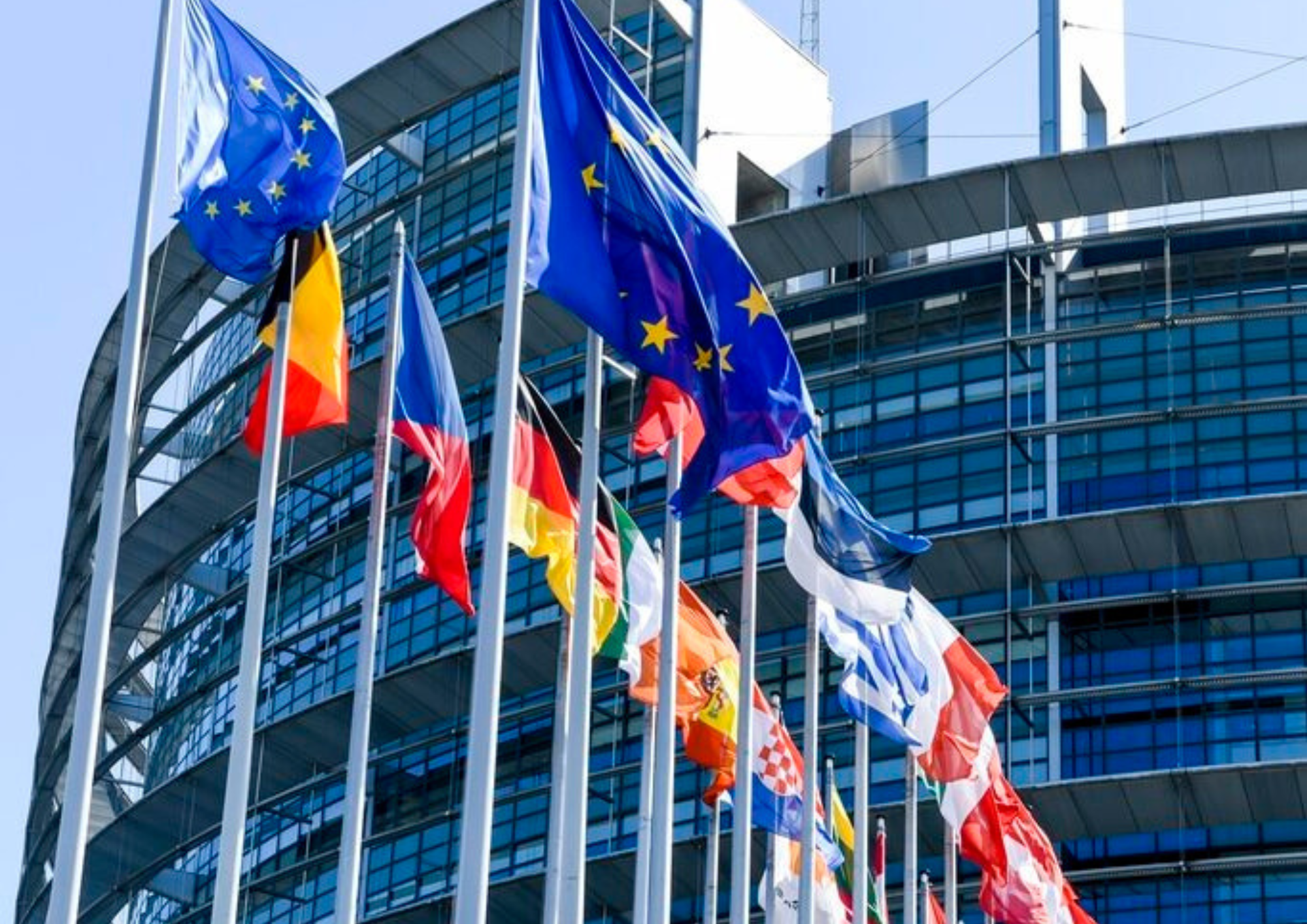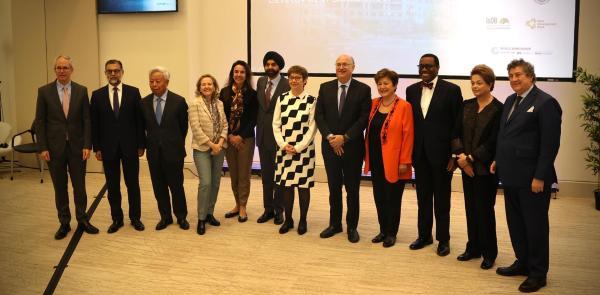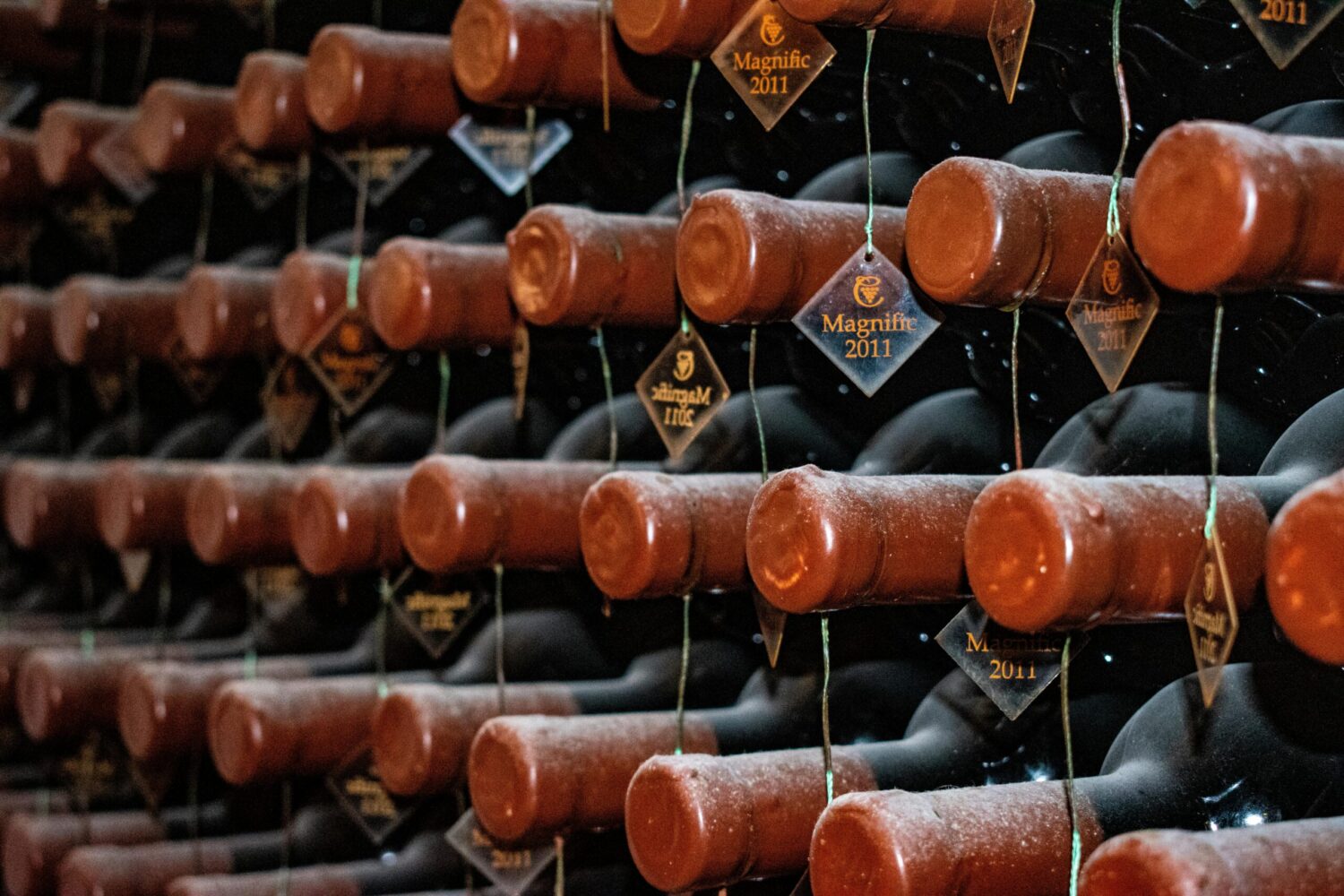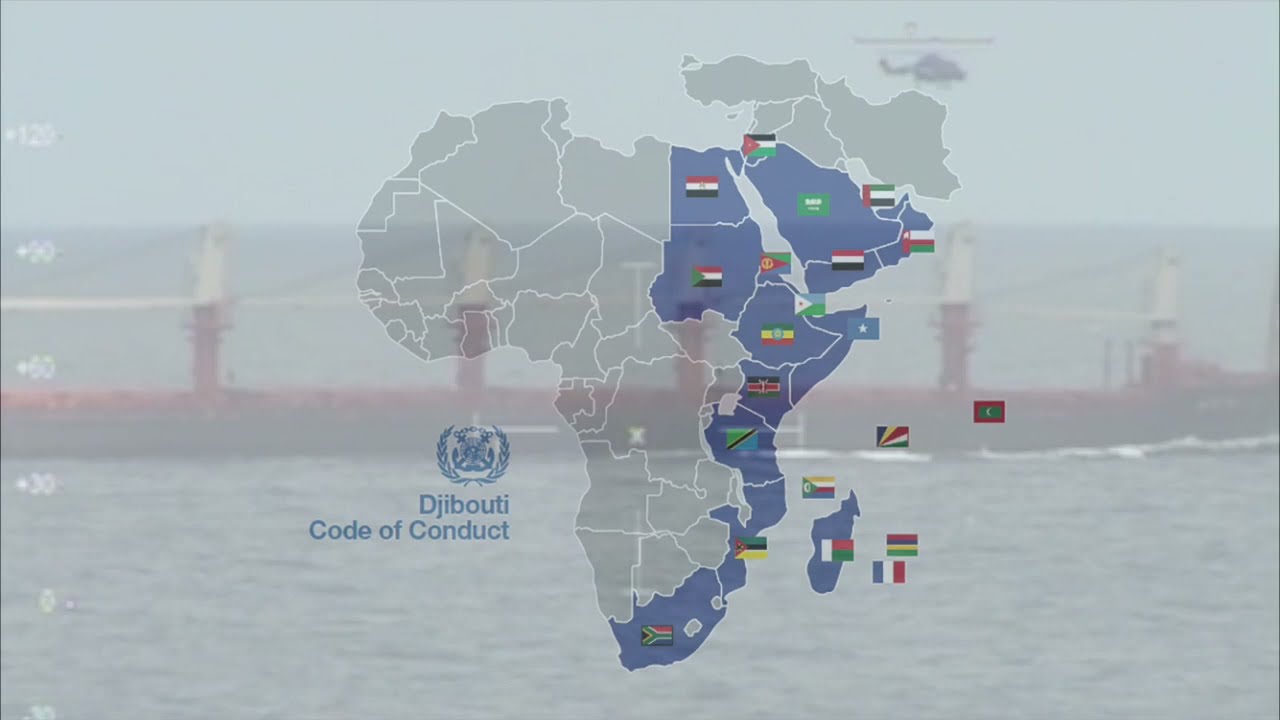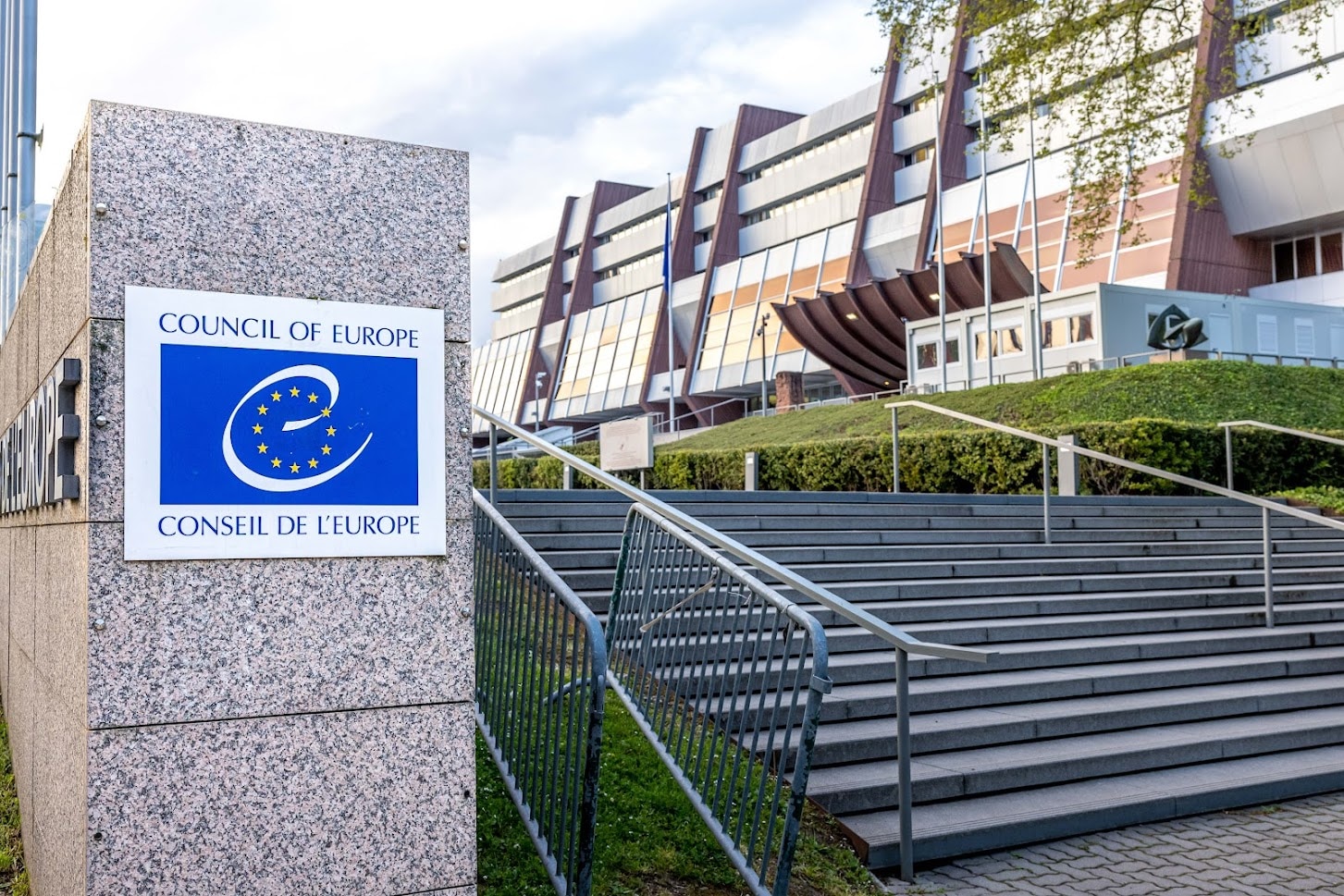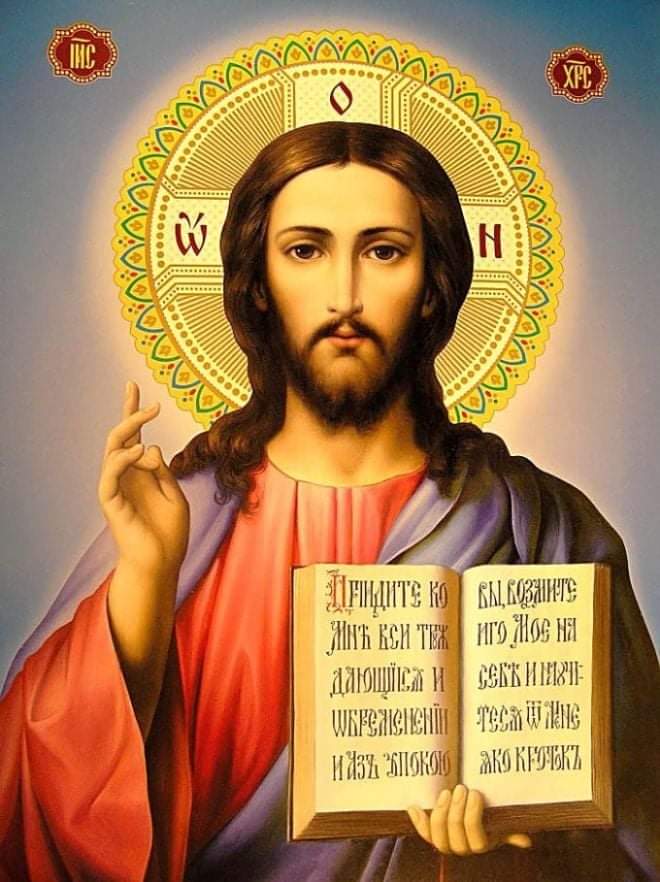On Monday, the Committee on Constitutional Affairs endorsed the agreement for a body to strengthen integrity, transparency, and accountability in European decision-making.
The agreement that was reached between eight EU institutions and bodies (namely Parliament, the Council, the Commission, the Court of Justice, the European Central Bank, the European Court of Auditors, the European Economic and Social Committee, and the European Committee of the Regions) provides for the joint creation of a new Body for Ethical Standards. MEPs endorsed the deal with 15 votes in favour, 12 against, and no abstentions.
The Body will develop, update, and interpret common minimum standards for ethical conduct, and publish reports on how these standards have been reflected in each signatory’s internal rules. The institutions participating in the Body will be represented by one senior member and the position of Chair of the Body will rotate every year between the institutions. Five independent experts will support the work of the Body, who will be available to be consulted by a party to the agreement on standardised written declarations, including declarations of interest.
A successful push for watchdog functions
Parliament was represented in the negotiations by Vice-President Katarina Barley (S&D, DE), Chair of the Committee on Constitutional Affairs Salvatore De Meo (EPP, IT), and rapporteur Daniel Freund (Greens/EFA, DE). They managed to improve significantly the Commission’s proposal, described as “unsatisfactory” by MEPs in July 2023, by adding to the tasks of the independent experts the competence to examine individual cases and issue recommendations. The provisional agreement was approved by Parliament’s Conference of Presidents on Thursday.
Quotes
Parliament’s co-negotiators stated the following.
Daniel Freund (Greens/EFA, DE): “Lobbying rules in the EU institutions will finally be enforced by an independent referee. That will be a massive improvement to the current faulty system of self-control. Independent checks by the new Ethics Body’s experts are a hard won success that will improve lobbying transparency. This will send a clear signal to voters: your vote counts. Independent control of lobbying rules will increase citizens trust in the European democracy.”
Katarina Barley (S&D, DE): “The Ethics Body is a big step forward for transparency and openness in Europe. This is all about putting citizens’ interests first and making sure EU institutions stick to the highest ethical standards. I am proud that this breakthrough was made possible by Parliament’s unwavering dedication to serving Europeans. Establishing this new Authority demonstrates our dedication to fairness and reliability across the EU.”
Salvatore De Meo (EPP, IT): “The provisional agreement voted today in the AFCO Committee represents a first step towards the creation of common rules on ethics and transparency between the different institutions. It is now up to the plenary to confirm support for this agreement which, despite its several shortcomings, would contribute to more harmonized practices between the European institutions.”
Next steps
Parliament will hold a final vote on whether to endorse the agreement during the plenary session that is currently underway in Strasbourg, on Thursday 25 April. The provisional agreement will still need to be signed by all parties before it can come into force.
Background
The European Parliament has been calling for the EU institutions to have an ethics body since September 2021, one with real investigative authority and a structure fit for purpose. MEPs reiterated the call in December 2022, in the immediate aftermath of the allegations of corruption involving former and current MEPs and staff, alongside an array of internal improvements to enhance integrity, transparency, and accountability.



